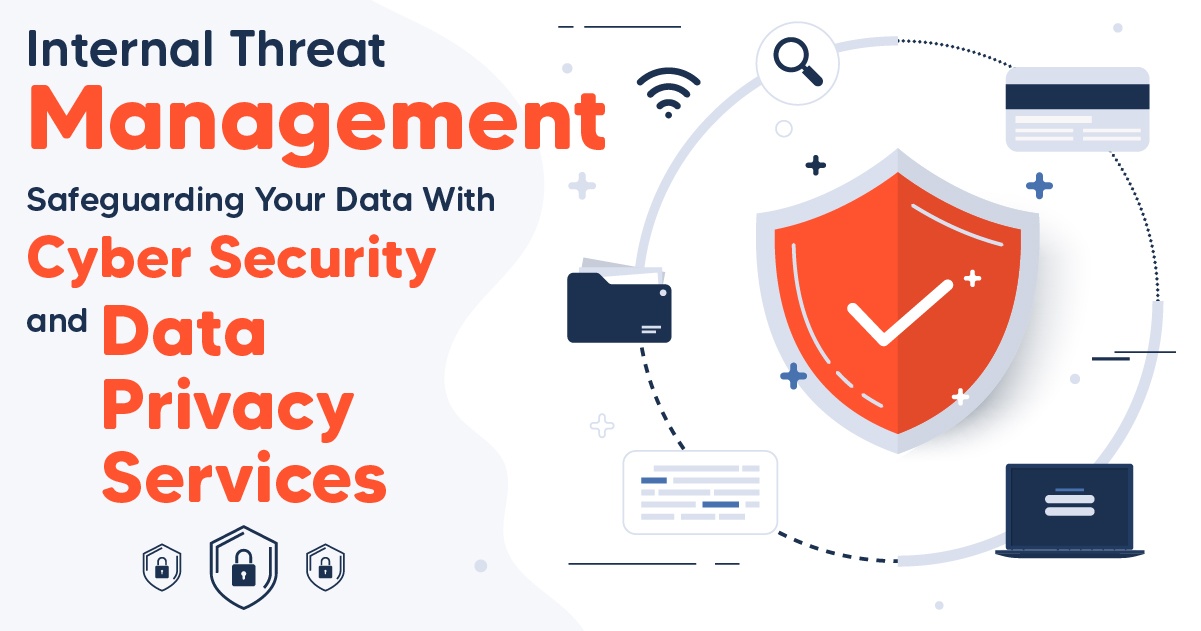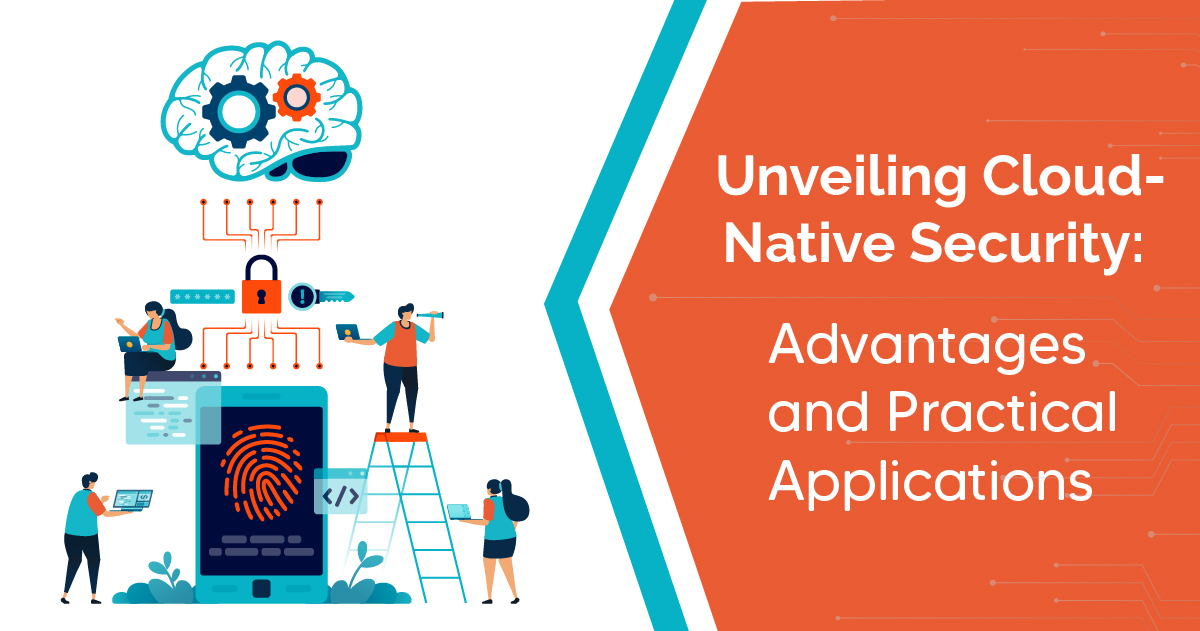Cloud computing is considered one of the most powerful resources that have been introduced over time for increasing business productivity across several industries. In the Fourth Industrial Revolution, cloud computing underpins almost every business operation that is being done online.
Whether social media interaction or banking transactions, everything can be operated through cloud computing to leverage the potential of these modern technologies. The concept has gained immense popularity in Industry 4.0, as it reduces overall IT management efforts.
Companies can now avoid data storage and accessibility issues using the cloud. And such capabilities are enhanced and protected by utilizing a shared responsibility landscape.
The benefits of cloud computing in India are taking the next leap with Industry 4.0. So, let’s try and learn more about this modern-day technology integration alongside the shared responsibility model, which enhances its service security.
Why Are Businesses More Inclined Towards Cloud Computing For Their Business Operations?
Many businesses are switching to cloud computing solutions to experience business efficiencies, cost savings, and many competitive advantages. Companies that invest in cloud, mobility, big data, and analytics services are more likely to experience increased revenue. Beyond that, some of the other benefits that convince business owners to use cloud computing are:
1. Disaster Recovery
Storing your data in the cloud enables you to securely access or retrieve it, even in times of disaster, which result in critical data loss.
2. Increased Collaboration
As the remote work culture is being promoted, storing your data over the cloud makes it accessible for employees working from varying locations.
3. Enhanced Security
Cloud eradicated the need for businesses to store their important files, documents, or data onsite. Instead, it is stored over the cloud servers, which are constantly monitored by the cloud host.
4. Mobility
Cloud enables your team members to access organizational data over their smartphones with utmost ease. Thus, everyone can stay updated with business metrics, even when they aren’t with any system.
5. Quality Control
Poor quality of service and inconsistent business reporting are two reasons your company isn’t performing well. When you switch to cloud-based infrastructure, all the data will be stored in a single format and in one place. Thus, everyone can access the same information, and the consistency in your data or reports will be maintained.
These are just a few of the many perks that have motivated businesses to take up cloud computing. But, with such technological advantage, it is also important for you to keep the data safe from rigorous cyber attackers. Therefore, to ensure cloud security, you must incline towards the shared responsibility model and ensure your data and apps are accessible consistently to authorized users without downtime.
Understanding the Cloud Shared Responsibility Landscape
When an organization runs with its own data centers, controlling the security landscape is quite straightforward. The internal teams of your company will be taking care of the needful to secure the data and servers. But, when you are approaching the cloud environment, the responsibility of security shifts to the service providers.
The cloud service providers will then be responsible for dealing with some aspects of your data or server security. A lot of businesses often believe that cloud service providers are solely responsible for securing their organizational data. But the truth is that cloud security is implemented with shared responsibility.
It means the cloud service providers are responsible for securing the servers. In contrast, business owners or customers are responsible for the security of the data they upload into the cloud. Depending on the deployment type, among SaaS, PaaS, or IaaS, the responsibilities will then be determined.
How Can Businesses Uphold Their Part of the Cloud Shared Responsibility Model?
It is presumed that most cloud security loopholes are created due to the missteps taken by businesses or cloud customers. Therefore, it is of utmost importance for business owners to be understanding towards their share of the role in cloud security. There are evident differences in these responsibilities based on the deployment types.
But there is one similarity between them all! It is important for businesses to be able to visualize the conversations made between the two devices. Following that, you should be able to detect any potential security hassles in real-time and then investigate or remediate the issues on point. When you can respond faster to the discrepancies, you can ensure better results out of cloud security.
Organizations must set up regular vulnerability scans, security assessments, and penetration testing to identify any potential breach attempt. But, with all of the complex business operations, it becomes difficult for them to continuously assess the cloud security parameters on their share of the role. Therefore, they seek the help of professionals in order to look after their share of cloud security in the adopted model.
Megamax Services Can Help You Get Along With Cloud Shared Responsibility Model
We understand the complexities that businesses go through in order to scale their service operations, attain a customer base, deliver products/services, and acquire a satisfaction quotient. Amidst all of it, it becomes difficult for them to focus on adopting the shared responsibility model of cloud security.
The role of cloud service providers is pretty clear towards securing the cloud environment. But, any discrepancies from your end will fail the efforts of the service providers altogether. Therefore, organizations must be proactive and hire the best third-party agencies to look after their share of the role in cloud security.
If that’s what you were looking for, it is time to end your search and explore the offerings of Megamax Services. Starting from cloud integration to cloud security, we provide you with all-around digitalization solutions for your business operations. We are supporting the quest of Industry 4.0 and are giving in our best to ensure your business productivity continues to excel.
To learn more about our cloud security solutions, get in touch with our team of experts, and they shall help you with all the details.




